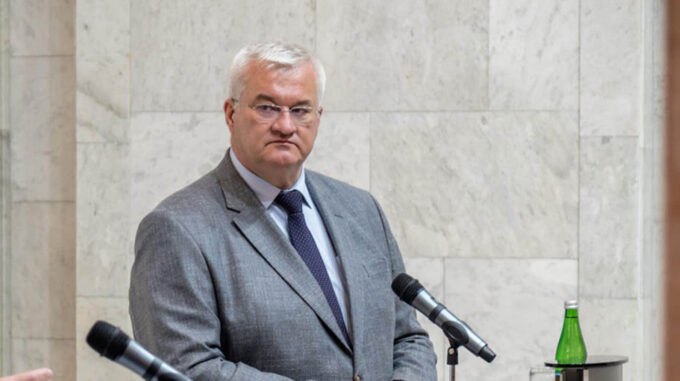Before the G7 Summits: Ukraine’s Foreign Minister Calls for Strengthening Energy Sanctions Against Russia Due to New Strikes and Escalating Tensions

On the eve of the leaders of the G7 countries’ visit to Canada, Ukrainian diplomacy faces new challenges linked to the escalation of Russian aggression and the energy war against Ukraine. Foreign Minister Andrii Sybiha, commenting on recent massive strikes on Ukrainian cities, particularly Kremenchuk, called on the international diplomatic community to take more decisive action against Moscow — including tightening sanctions and restrictions on the oil market. In his statement posted on social media (formerly Twitter), Sybiha emphasized that Russia’s attack on Kremenchuk’s energy infrastructure demonstrates the scale and cynicism of the Kremlin’s approach to this war. "Yesterday’s barbaric attack on Kremenchuk’s energy facilities is yet another proof that Russia aims to destroy Ukraine’s civilian energy infrastructure. Moscow is actively targeting Ukraine’s energy system to weaken it further, while the world is focused on the Middle East situation," the diplomat said. According to Sybiha, Moscow’s actions reveal the cynicism of claiming to pursue peaceful dialogue and constructive solutions, allegedly with US support, while continuing to escalate terrorist attacks on Ukraine’s civilian infrastructure. "Russian President Vladimir Putin, with his constant 'international' statements about willingness to engage in dialogue, has effectively witnessed an unlimited wave of destruction and terror. His efforts to create an image of a 'constructive position' are shattered daily by blatant war," Sybiha stated. The Minister called on global partners to act more radically. He believes that “the most effective response” could be the extensive destruction of Russia’s energy system through sanctions hits. He proposed specific measures, including capping the oil price at $30 per barrel, imposing new bans on the “shadow fleet” regime, and strengthening energy sanctions — particularly against captains and companies transporting Russian oil and gas outside the sanctions zone. hitting Russia’s energy sector in this painful spot means weakening Putin and his regime. This would not only deter his aggressive intentions but also create real conditions for peace and stability in Ukraine,” Sybiha emphasized. Amid tense diplomatic discussions, just a day before the G7 summit, it is clear that sanctions issues remain a pressing topic. The European Commission, led by Ursula von der Leyen, already called for more decisive actions against Russia. She stressed that to end the war and ensure Ukraine’s security, it is necessary to significantly increase economic pressure on Russia — including further tightening sanctions in energy and financial sectors. As the meetings in Canada approach, EU officials announced the presentation of the 18th sanctions package against Russia, which envisages even broader restrictive measures. However, convincing the US to adopt additional sanctions has so far faced obstacles due to differing political and strategic positions. In this difficult period, world leaders face a choice: whether to preserve diplomatic dialogue and gradually reduce tensions, or to escalate economic strikes and energy restrictions, potentially accelerating the end of the conflict. But one thing is clear: Ukraine stands on the brink of new tests, and the international community must act decisively and in coordinated steps to support it during this most challenging time.

